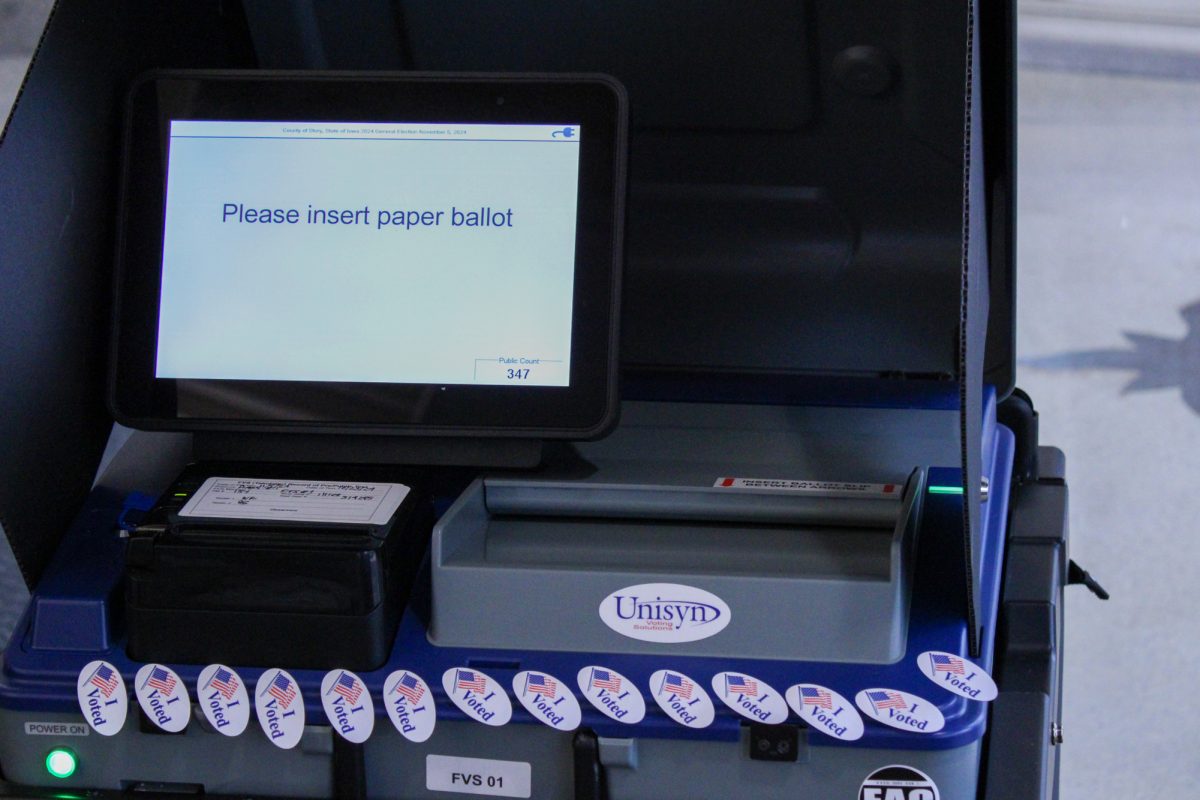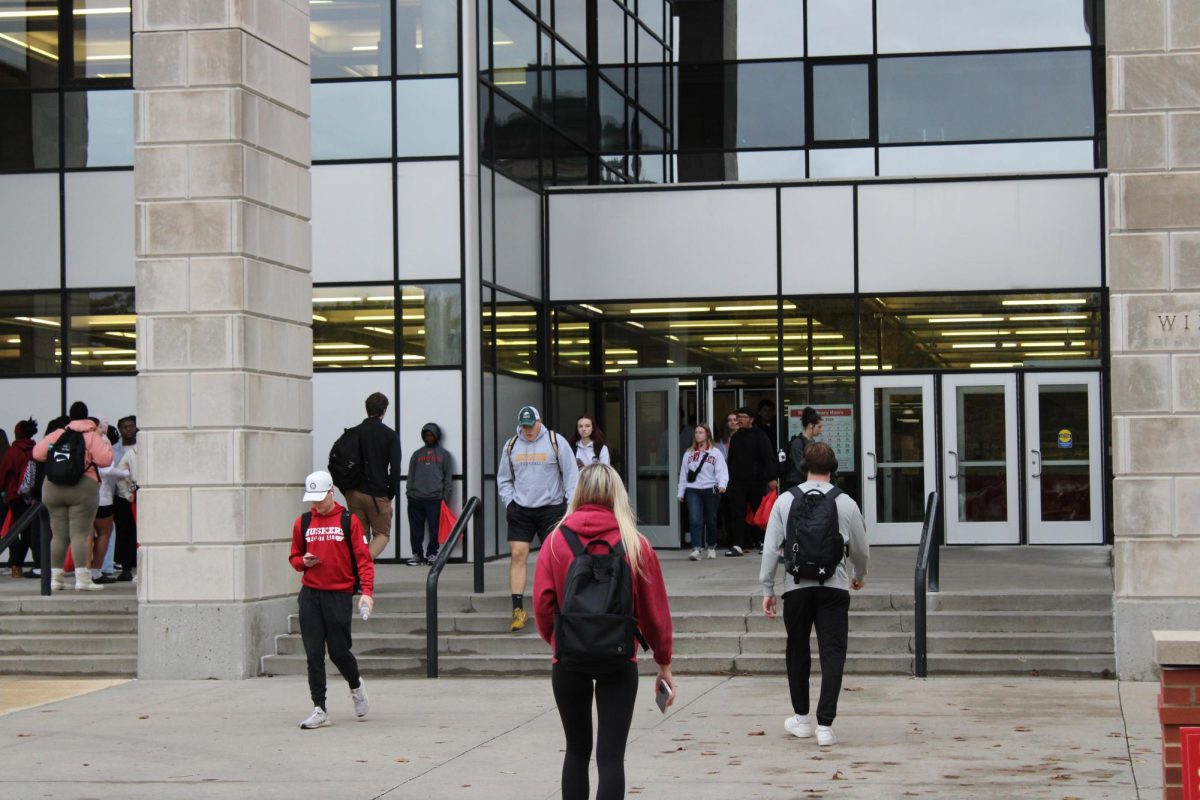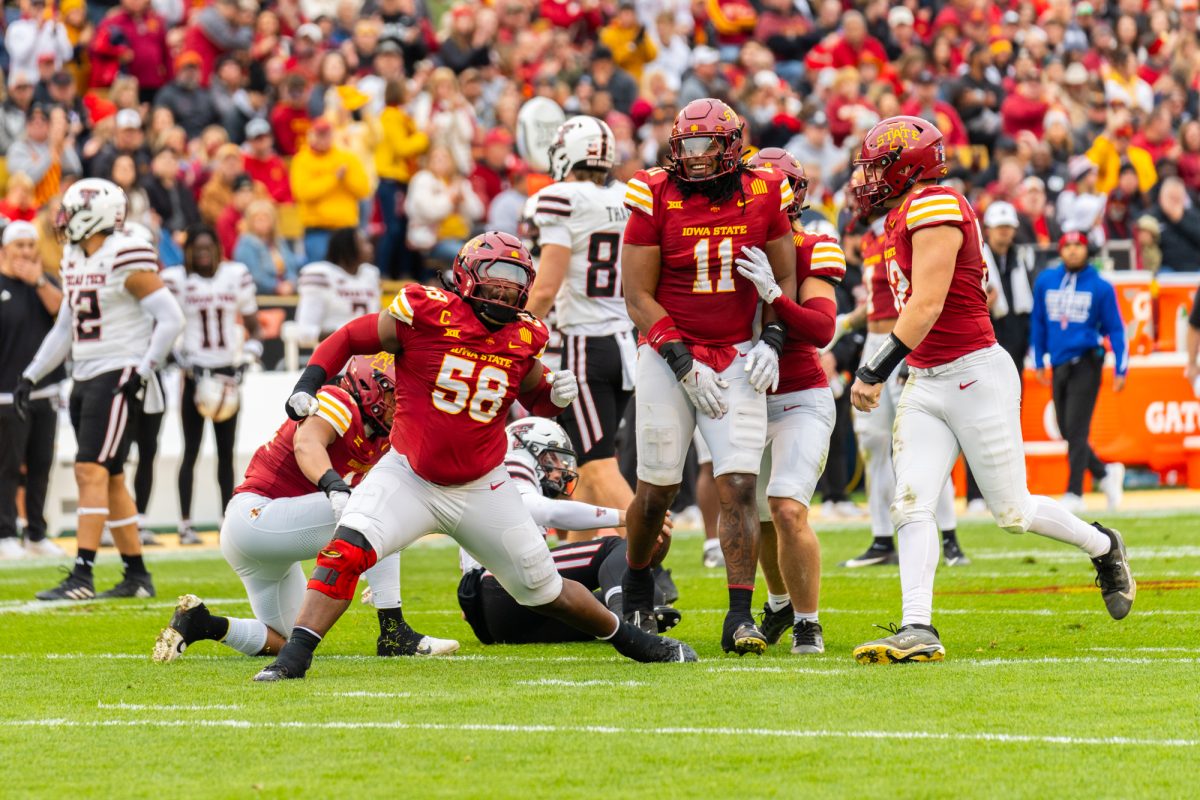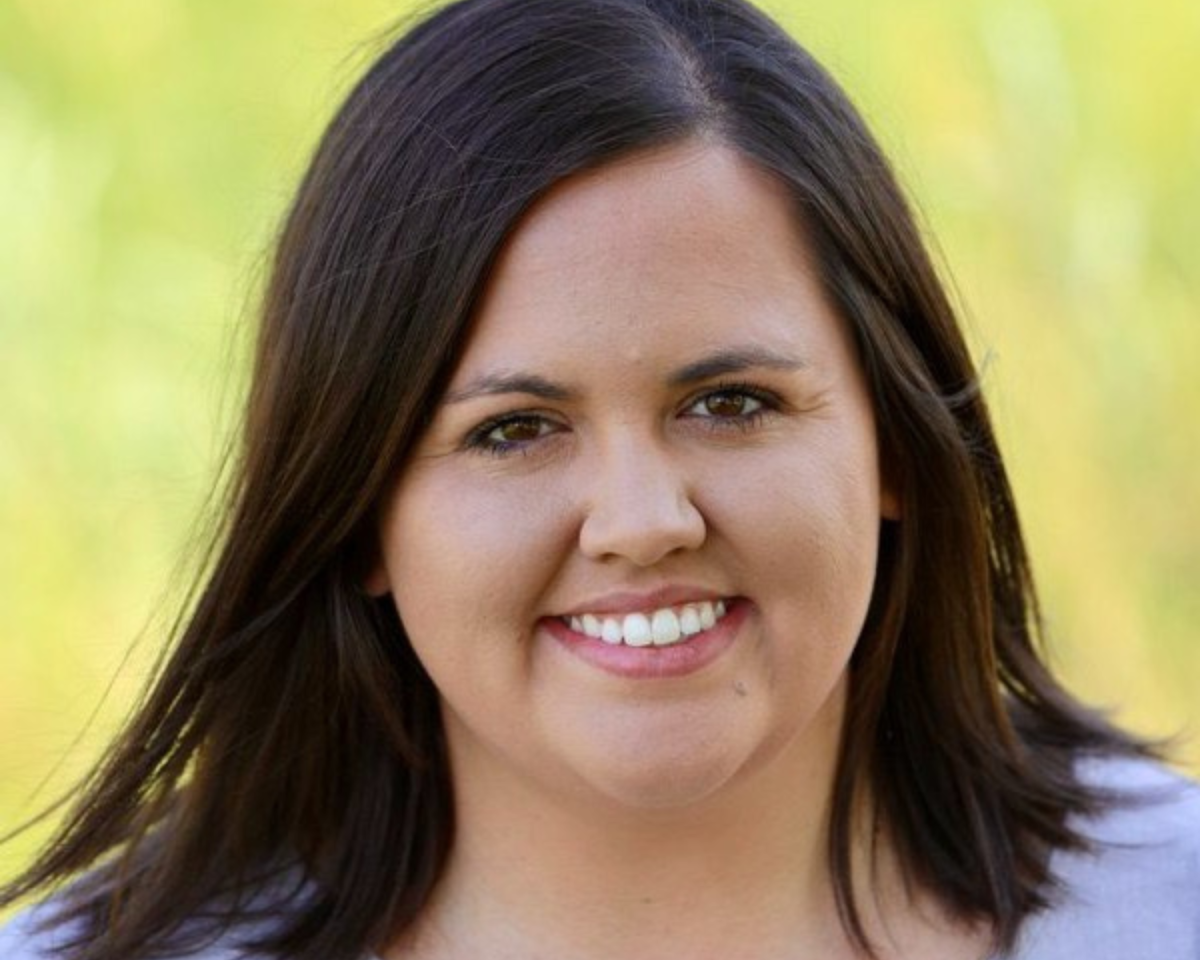The crime of corporate censorship
February 9, 1998
It’s no big secret that President Martin C. Jischke was hired to run this university like a corporation.
I assumed the phrase “like a corporation” applied to fiscal management. You know, the school was to be run more cost-effectively and all that.
I was wrong.
It goes much, much deeper than that. Apparently, the phrase covers everything from economic decisions to restricting the right of free speech.
That’s right, I’m talking about censorship, and I’m talking about the Jischke administration. Or rather, regime.
Last November, Carla Espinoza (Vice President for Human Resources at the time) and Provost John Kozak spoke to the Professional and Scientific Council of ISU. Basically, the Council is a group representing employees of the university who aren’t faculty.
In that meeting, Espinoza and Kozak explained the different standards for what you’re allowed to say depending on what role you fill in the university’s bureaucracy. The Council’s minutes paraphrase Espinoza as saying “free speech within the environment of public higher education is a gray area.”
It comes down to this: what you can say depends COMPLETELY on what you do here.
If you’re a tenured faculty member, you can say pretty much whatever you want. After all, you have tenure; there’s not a whole lot the school can do to you for, say, disagreeing with a policy decision of Our Fearless Leader. At least not right now, that is. The school is trying to implement some post-tenure review processes. That way, in the future, they CAN get pissed at you for having voiced your opinion.
If you fall under the umbrella of the Professional & Scientific Council; however, you’d better watch what you say, because you’re only allowed to do what’s in your job description, and nothing else. Publicly voicing an opinion conflicting with the school’s interests probably isn’t in your job description, so you’re not allowed to do it. No kidding.
Here’s another passage from the Council’s minutes: “Provost John Kozak explained that if an issue comes up of fundamental disagreement with the president, professionally you have two choices: you can go and talk with the president, and if nothing changes … you would need to resign as an administrator. If you are faculty and have an opinion, you are free to express that opinion. But if you are in an administrative position that fundamentally disagrees with a course of action, you … resign.”
(The complete minutes can be found online at: http://www.public.iastate.edu/~ps_info/Archive/min1197.html. It’s probably worth a visit.)
Welcome to the Reich! By granting free speech to certain employees of the school and not others, President Jischke has effectively declared free speech a privilege, not a right. How much free speech you “get” is decided by your relationship to the university: if you’re one of almost 2,000 “professional and scientific” employees, you don’t get much.
There can’t be any discontent in the ranks: the school’s administration from top to bottom must appear rock solid, to have no detractors, to be completely in line with everything Jischke decides. If you’re not interested in complete obedience, you’d better leave, or they’ll help you find the door.
Now, to be fair, I must admit I don’t know how much Jischke has to do with this. Frankly, I think he gets scapegoated by a lot of people and a lot of organizations for things that aren’t his fault. And, after all, he wasn’t the one who said this stuff at the council meeting, it was Kozak and Espinoza.
But guess what? Neither of them are tenured faculty, so we know Jischke must be in favor of this policy, because otherwise they’d be in violation of the exact stuff they were explaining.
Am I the only one who finds this appalling? Does anyone else think it’s pretty sick and twisted to have a sliding scale of “freedom of speechness?” Am I the only one who feels the ability to engage in civil discourse without fear of getting canned is vital to a community engaged in intellectual pursuits?
I mean, what’s next? They’re trying to change the power structure with post-tenure review, which leads me to believe that Jischke wants the ability to terminate any employee who speaks out against the way this place is run.
I understand how it’s in the university’s best interests to make certain people shut up and blindly follow. But by taking small steps against small groups like this, Jischke is taking advantage of the spiral of silence to achieve his ends.
They’ve required students to get permits for peaceful rallies. They’ve restricted the free speech of certain employees. I don’t see an end to this cycle if no one says anything. What’s to stop ISU from taking this further, if we all sit passively and watch as people’s rights are stripped?
“And then they came for me, and there was no one left to speak…”
Ben Byrne is a junior in graphic design from Minneapolis, Minn.






